
The Psychological Meaning of Leaving Dirty Dishes
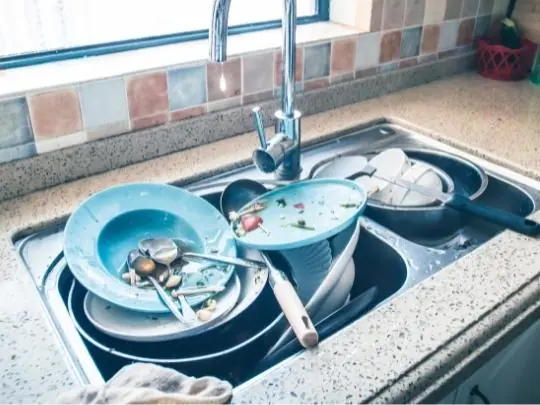
Your home is more than just a place to live. It’s a reflection of your inner world. And perhaps nothing reflects that more clearly than a kitchen sink full of dirty dishes.
While doing the dishes might seem like a routine chore, this seemingly mundane task can speak volumes about your mental and emotional well-being. If you frequently find yourself avoiding the sink, it may be time to ask: what else am I avoiding?
🧠 The Psychology Behind Dirty Dishes
1. Chronic Stress and Burnout
When you're overwhelmed—emotionally, mentally, or physically—even small tasks can feel monumental. After a long day of work, parenting, or navigating daily demands, facing a pile of dishes might be the last straw. What looks like laziness could actually be exhaustion.
2. Procrastination and Lack of Focus
Putting off dishwashing often mirrors a deeper struggle with procrastination. If daily responsibilities feel like a constant juggle, something as minor as kitchen cleanup might always get pushed to “later”—a time that rarely comes.
3. Mental Health Matters
For those experiencing depression or anxiety, even simple routines can feel impossible. A growing pile of dirty dishes can be a silent signal of inner turmoil—a visible symptom of a battle no one else sees.
4. Missing Structure and Routine
An irregular lifestyle or lack of daily structure can show up as domestic disarray. When we’re disconnected from routine, basic tasks like dishwashing can easily slip through the cracks, adding to an overall sense of chaos.
🍽️ Why Letting Dishes Pile Up Matters More Than You Think
1. It Affects Your Health
Unwashed dishes harbor bacteria, attract pests, and contribute to unpleasant odors—all of which impact your physical well-being.
2. It Adds Mental Clutter
Visual chaos can lead to cognitive overload. Even if you think you’re ignoring it, a messy sink can increase stress, guilt, and mental fatigue every time you walk by.
3. It Undermines Self-Discipline
Tackling small tasks builds momentum and resilience. When you clean up after yourself promptly, you reinforce boundaries, responsibility, and self-respect—all crucial for emotional balance.
4. It Impacts Relationships
In shared spaces, dishes are more than dirty—they’re symbolic. Letting them pile up can cause tension, resentment, and unnecessary conflict with roommates, partners, or family.
✨ It’s Not Just a Chore—It’s a Mirror
A pile of dishes can be more than a mess—it can be a message. It may be saying, "You’re overwhelmed," or "You’ve lost your rhythm," or even "You need support." The next time you’re tempted to ignore the mess, pause. Consider what it’s really about.
Yes, it’s okay to leave a plate now and then. Life happens. But if the sink becomes a consistent source of stress, clutter, or emotional weight—it might be time to check in with yourself.
Because sometimes, washing that dish isn’t about the dish at all. It’s about choosing calm over chaos, clarity over clutter—and reclaiming your sense of control, one plate at a time.
News in the same category


How To Properly Dispose of Ticks

Clear vs. Cloudy Ice: Why It Happens and How to Make Crystal-Clear Ice at Home
20 Household Cleaning Products You Should Never Mix Together

A month before a stroke, your body warns you: 10 signs not to ignore
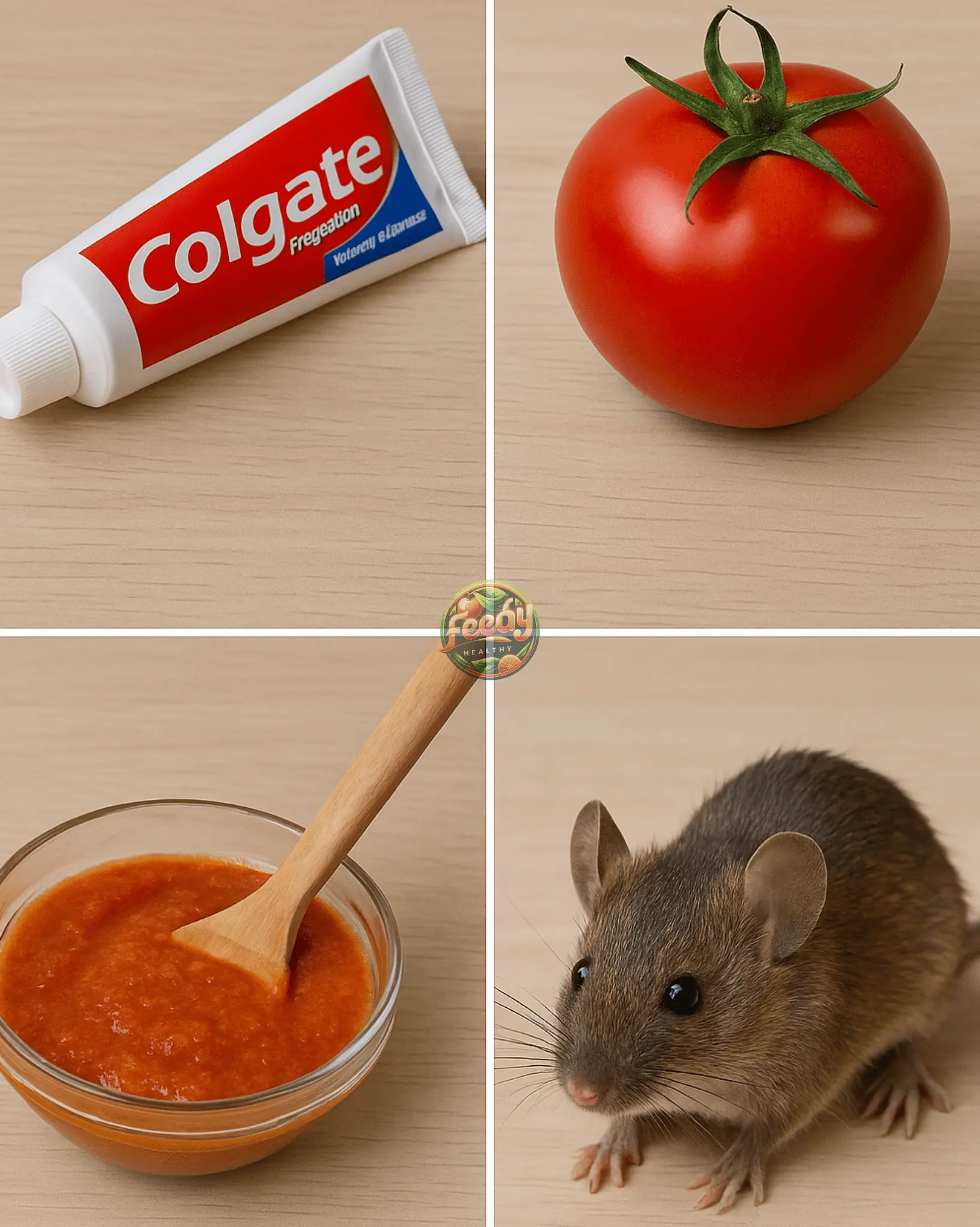
Natural Remedy to Get Rid of Rats & Mice in Your Home

How to Grow Hydrangeas from Cuttings: A Step-by-Step Guide

Natural Pest Repellent: Keep Your Home and Garden Safe Without Harsh Chemicals

9 Brilliant Ways to Clean Using Everyday Household Items

Why keeping a lemon in your bedroom is a great idea
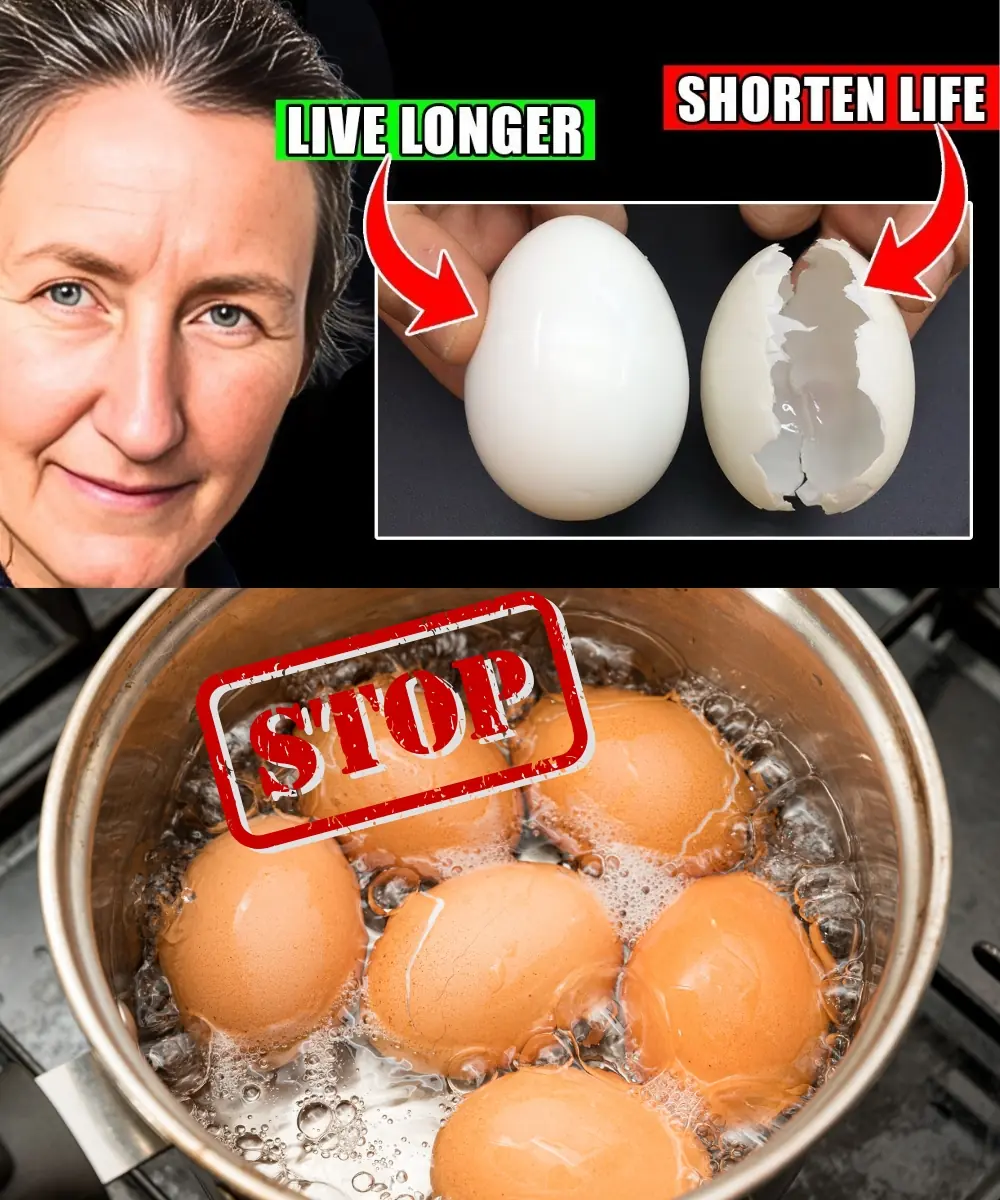
Why You Should Never Boil Eggs Directly in Water – Chef’s Secret Revealed! | Barbara O’Neill Inspired

CLEVER CAMPING HACK: HOW TO STOP THIEVES FROM STEALING YOUR EXTENSION CORDS
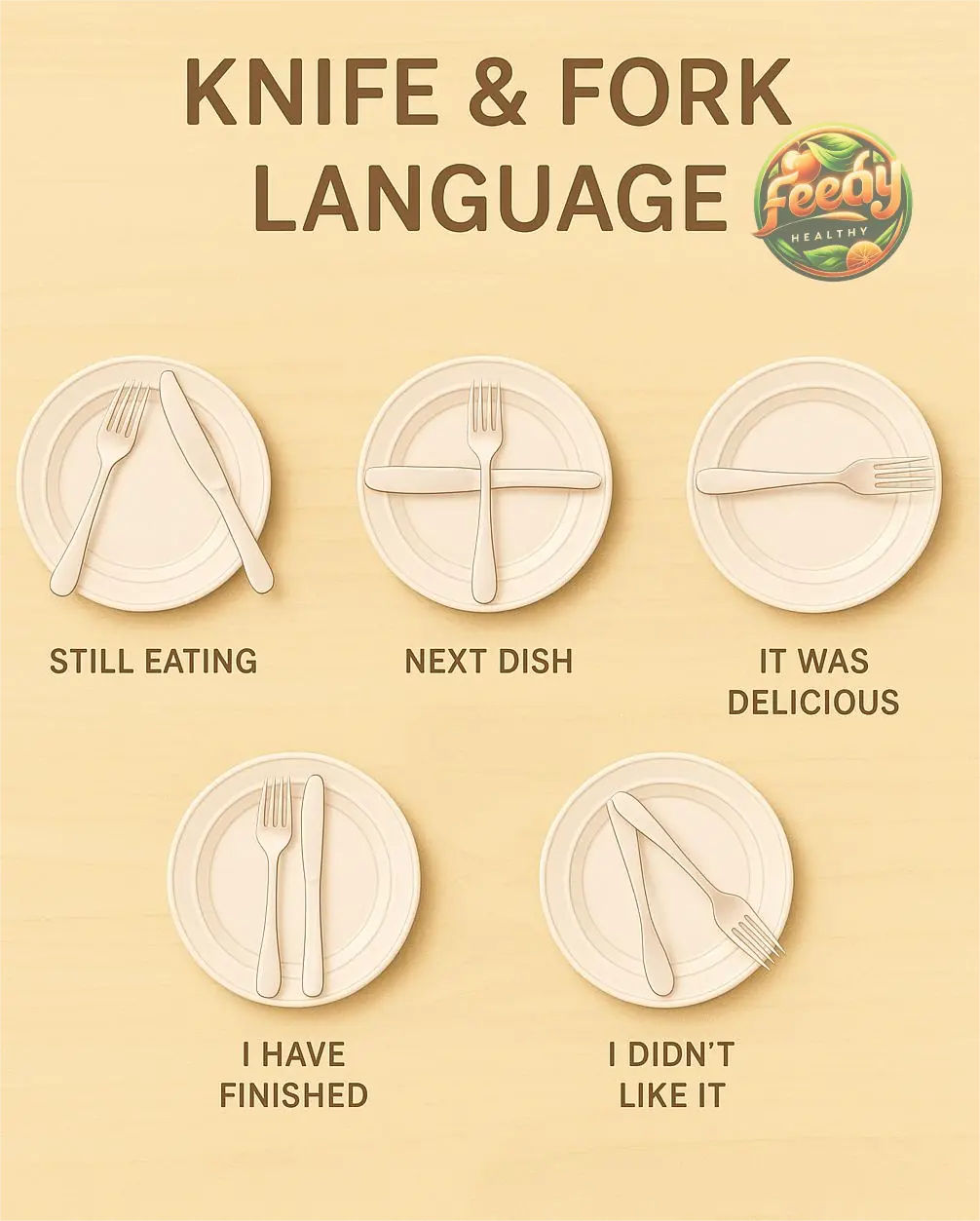
What are the origins of knife and fork language etiquette?

Garlic method to combat household pests

“My Nana Swears by This Trick!” – A Natural Way to Keep Mosquitoes Away
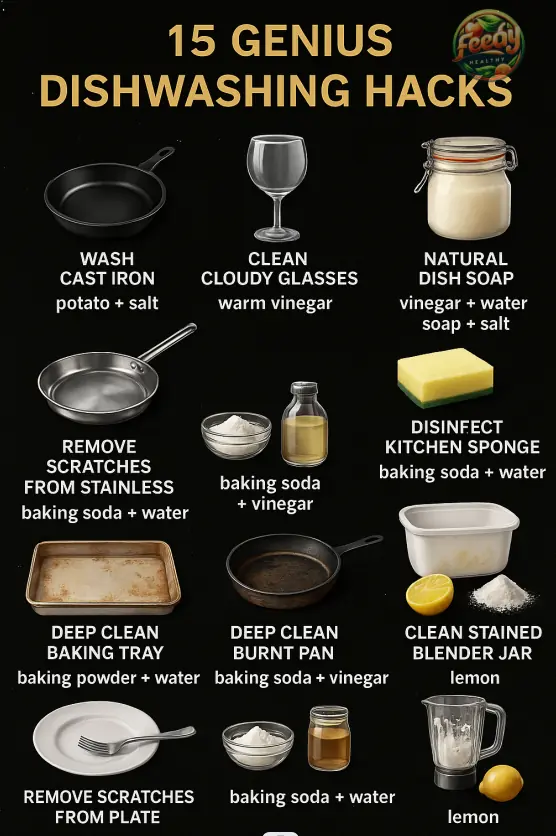
15 Genius Dishwashing Hacks for a Sparkling Kitchen
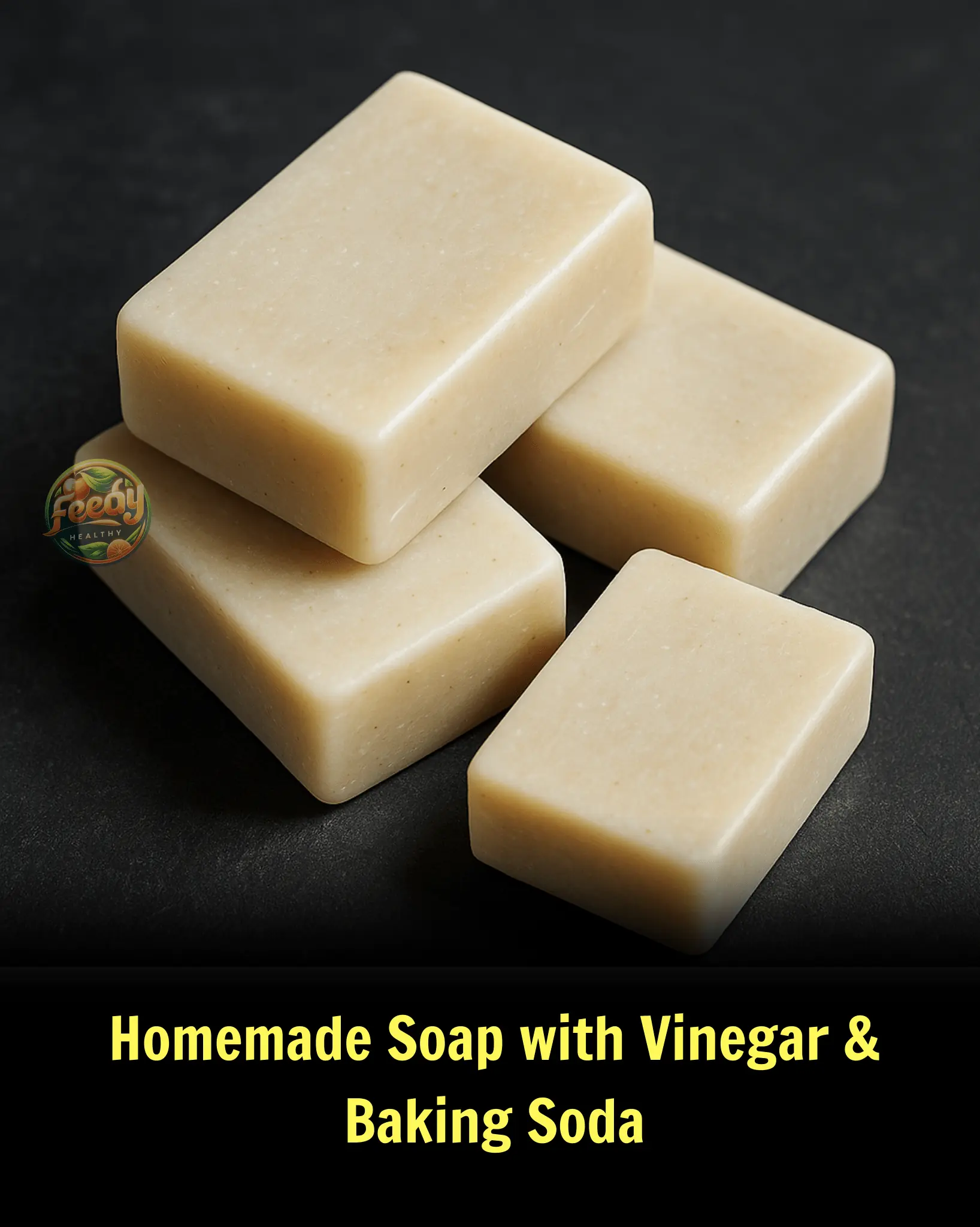
🧼 Homemade Soap with Vinegar & Baking Soda
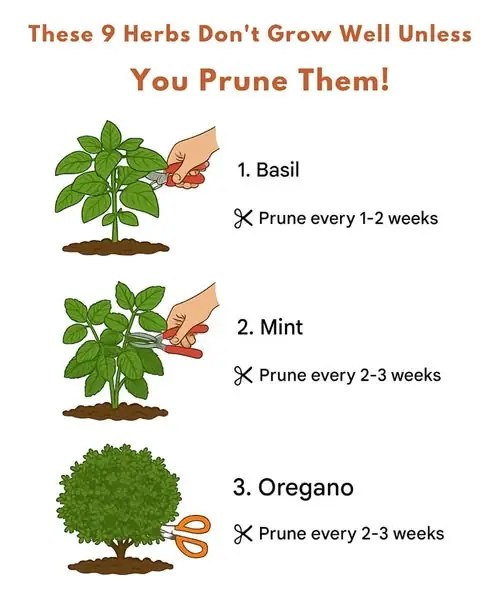
Keep Your Herbs Thriving: 9 Essential Herbs That Grow Better When Regularly Trimmed

10 things to always refrigerate & 10 things to never refrigerate
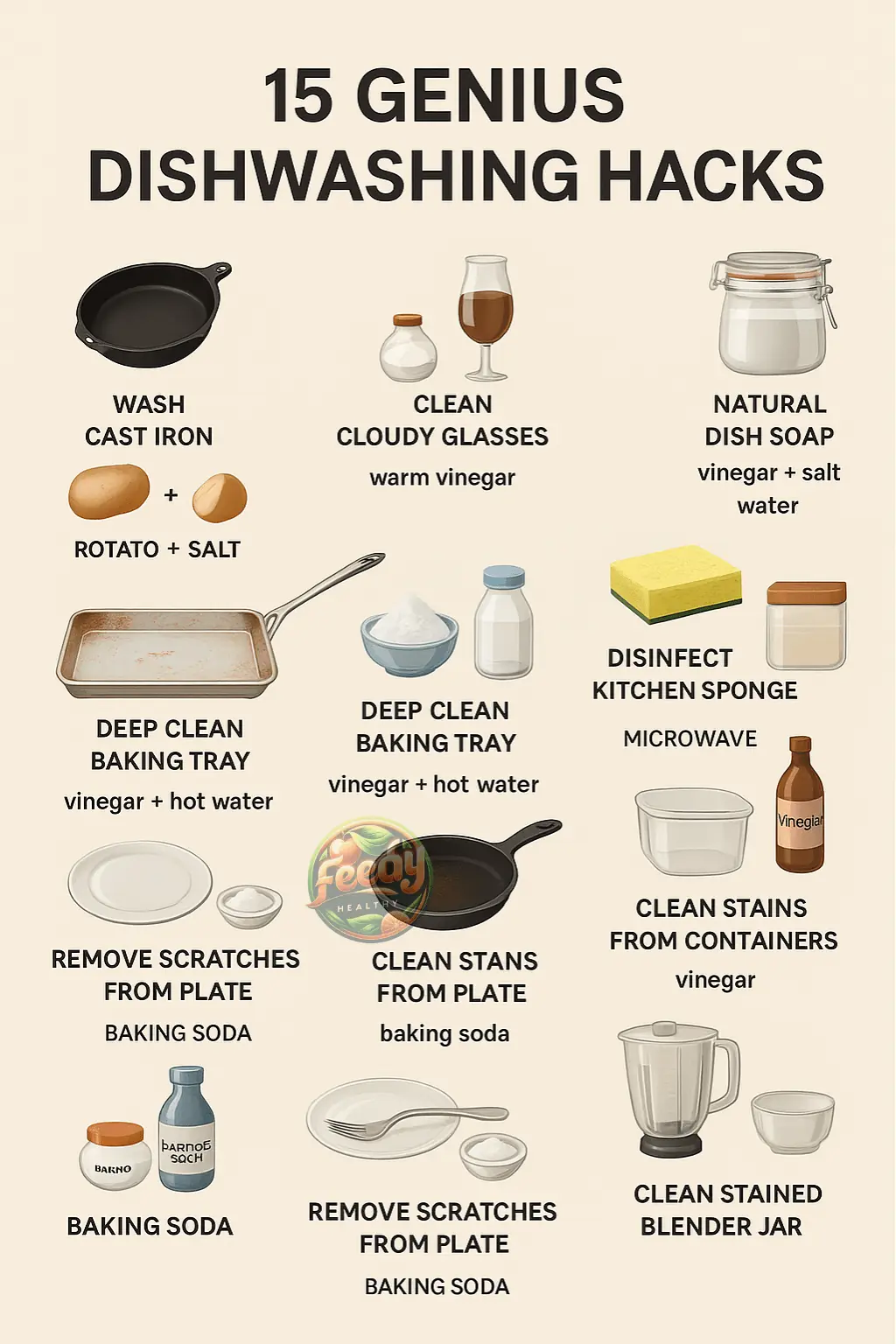
16 Effective Tips for Washing Dishes by Hand (Naturally & Thoroughly)
News Post

11 AM – THE GOLDEN HOUR WHEN YOUR BLOOD FAT AND BLOOD PRESSURE WILL “BE GRATEFUL” IF YOU REMEMBER TO DO THIS ONE SIMPLE THING…

THE MOST POWERFUL HERB

Goosegrass Tea: Nature’s Unassuming Remedy

Eliminate bloated belly, get rid of urinary tract infection, and cleanse fatty liver just by drinking this beverage

The Leaves That Cure All Your Illnesses

I took it 3 times and lost 10 kilos, cured the poor circulation in my legs, diabetes, bad cholesterol, and cancer

Just one tablespoon of this mixture will help with blindness, myopia, blurry vision, and tired eyes

Eliminate kidney stones by simply mixing these ingredients

THE PLANT THAT EVERYONE SHOULD HAVE AT HOME BECAUSE IT ELIMINATES INFECTIONS, DIABETES, POOR CIRCULATION, AND CANCER
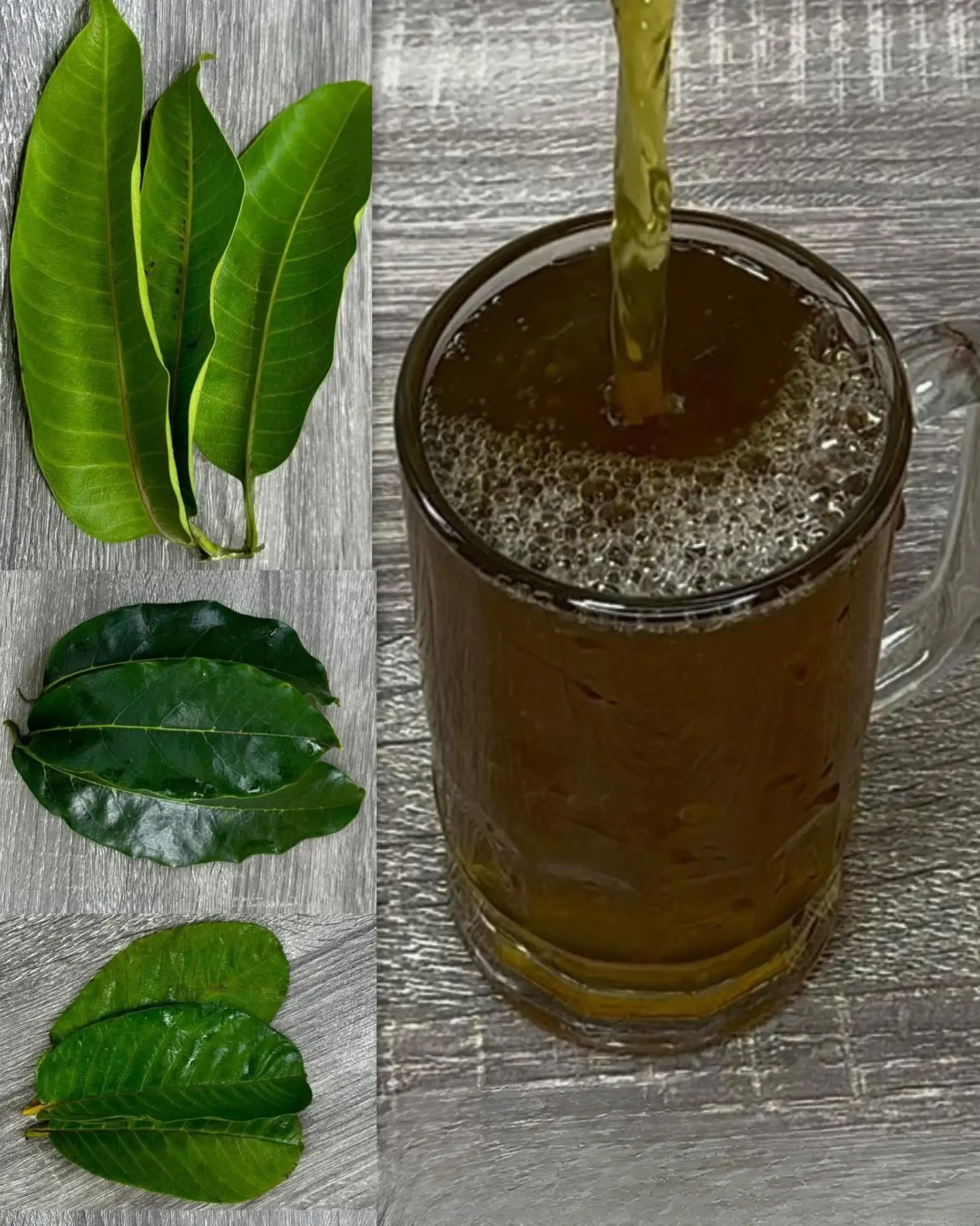
THE FOUR LEAVES THAT ELIMINATE DIABETES, CANCER, FATTY LIVER PROBLEMS, POOR CIRCULATION, AND HIGH BLOOD PRESSURE WITHOUT THE NEED TO TAKE PILLS.

Rice water

Oat water on an empty stomach

Kitten was dyed with toxic blue paint and left in the rain — rescuers help her make a stunning transformation
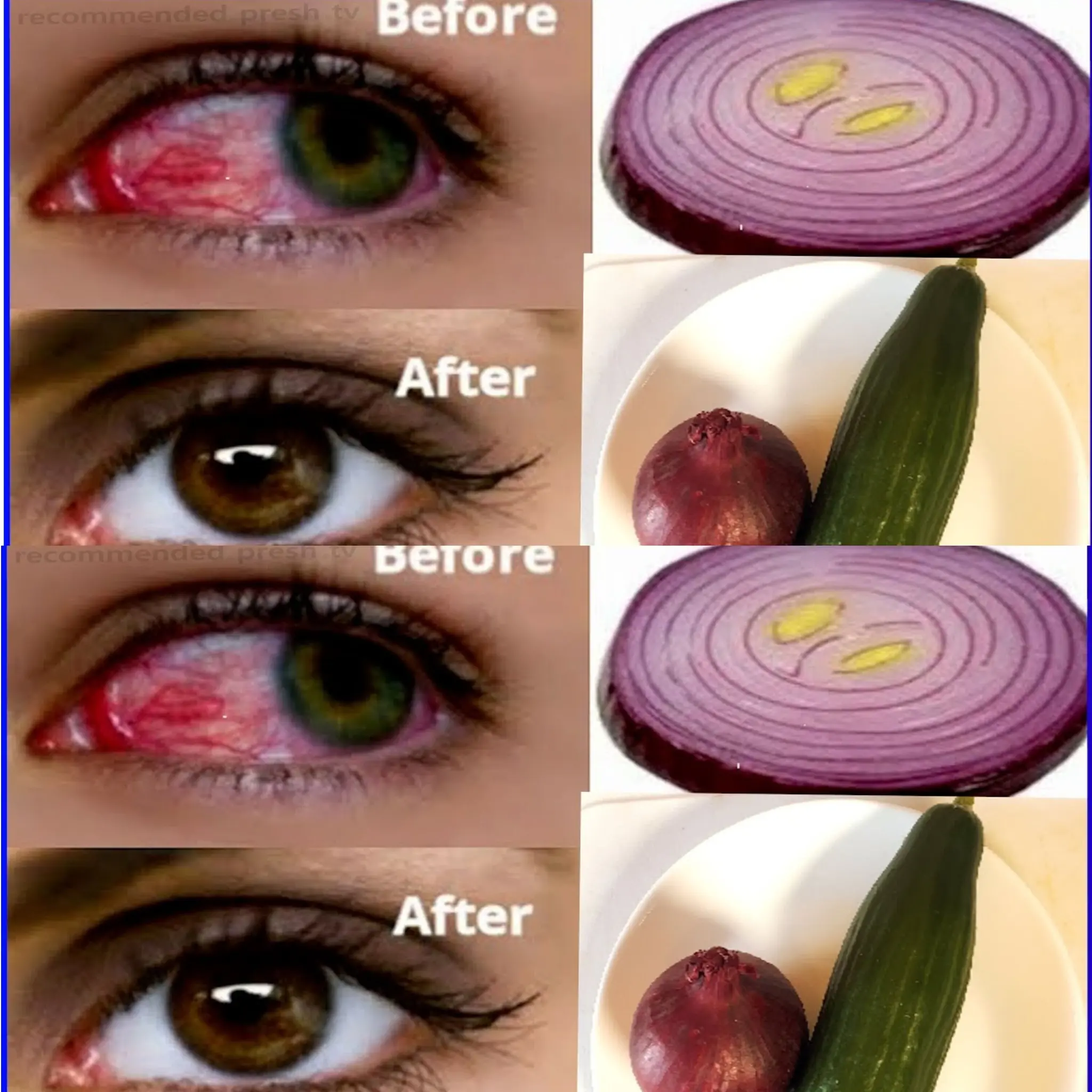
Improve Your Eyesight Naturally at Home in 5 Days – With Onion? Here’s the Truth!

Just Pour Milk into Vaseline! Never Buy This From the Store Again – Only 2 Ingredients!

At 65, I Lost My Vision – But This Drink Brought It Back!

Yogurt Erases All Wrinkles Even at 70! | Powerful Anti-Aging Recipes You’ll Love

1 Spoon a Day and the Liver Is Clean! | Oregano & Lemon Detox Remedy

Clove Tea at Night: 6 Incredible Benefits That NOBODY Tells You About!
